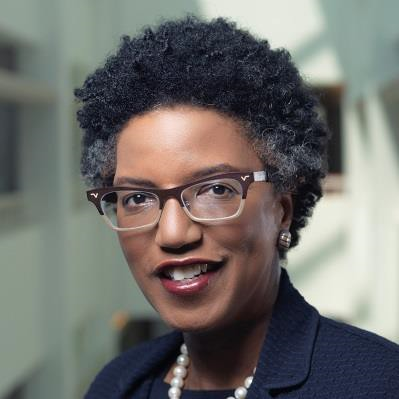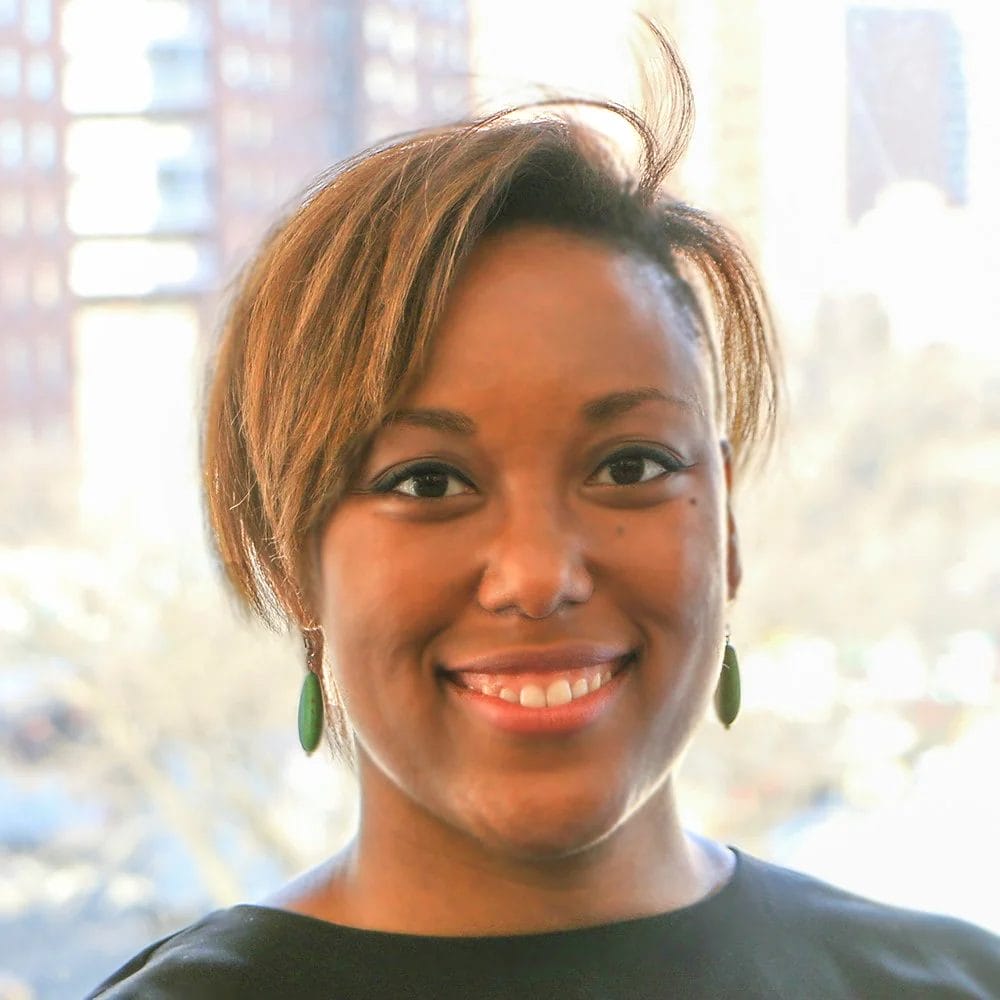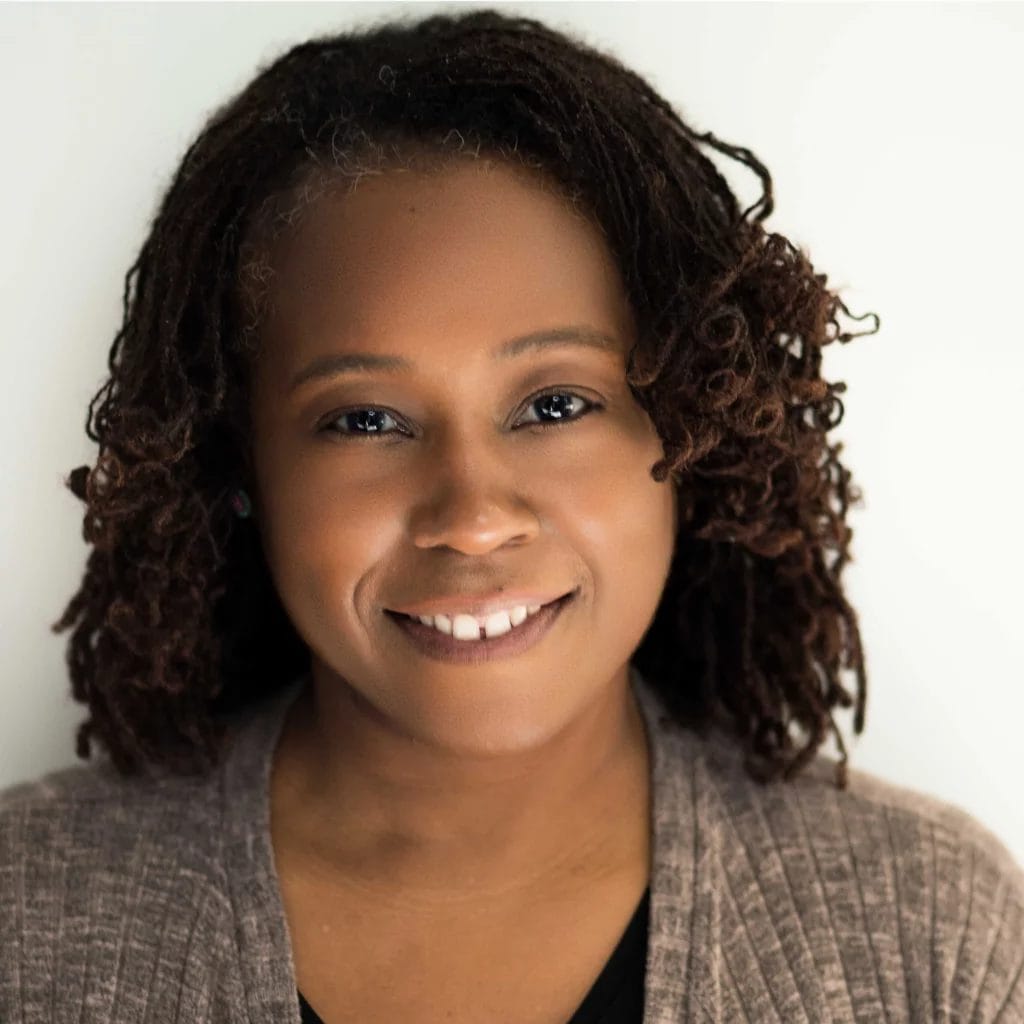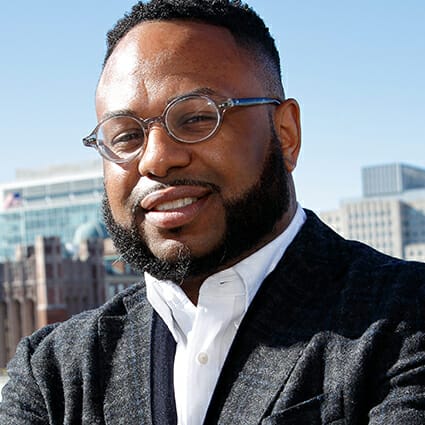As conversations around social justice and racial inequality deepen, and more people stand in solidarity with the movement, prominent thought leaders we represent are sharing their own calls to action. Here, six highly respected and influential academics, executives and advisors offer up honest thoughts, frank criticisms and ways we can make amends to finally create a future that serves everyone.
World-renowned Expert on Leadership and Diversity-Driven Innovation and Award-winning Author of “Collective Genius,” Professor, Harvard Business School
“We are facing two colliding pandemics, as Darren Walker, the President of the Ford Foundation has observed: Covid-19 and the inequities facing the most marginalized among us. These crises represent systemic challenges that will require systemic responses from leaders in business, government and civil society. We need our leaders to demonstrate moral imagination and courage—to deliberate and learn together in a more inclusive manner and come up with new solutions that address the root causes of our current crises.
As President Mandela observed, one of the most important roles of the leader is to make sure the minority voice is heard. The research is clear; you rarely get innovative solutions without diversity and conflict. The work will be difficult, maybe even painful. Too often leaders minimize differences instead of amplifying and leveraging them for the collective good.”
Pioneer in Using Virtual Reality to Expose the Devastating Impact of Racism on Individuals, Organizations and Society; Associate Professor of Social Work, Columbia University
“If you think the problem is simply a matter of ‘everyone has a little bit of bias, everyone is a little bit racist,’ you are completely missing the mark on the scope and complexity of this problem. Therefore, engaging in an ongoing learning process is critical, as an individual and as an organization. Making mistakes is not the problem. Indifference, dismissal, arrogance, lack of transparency, being disingenuous and being superficial are the problems. Pretending to engage, pretending that you understand this better than anyone else, pretending that this is not a problem, not listening to the people who have lived with this problem their entire lives, that is what’s most problematic – not making mistakes.”
Leading Authority and Practitioner on Brand Strategy, Customer Experience and Inclusive Leadership and Expert on Applying Branding Principles to Combat Unconscious Bias; Senior Lecturer in the Management Science Group, MIT Sloan School of Management
“This is a crucible moment for leaders. As crises compound, there is a greater need for clarity of purpose and innovation. But doing things the way they have always been done is not enough now. Institutionalized anti-black racism is a pernicious foe that must be rooted out and combatted, vigorously. It was deliberately created and maintained through policy, educational systems, economic strategy, norms, culture and language. It will not be undone on autopilot. It is time to do the work. Your employees, clients, industry and friends are asking for more. And, you should ask for more of yourself. This is a hallmark of great leadership.
HERE ARE SOME TANGIBLE STEPS:
- Recognize that no major change comes without discomfort.
- Take a closer look at the innovations from which you profit, and audit their roles in maintaining (or dismantling) racial inequality.
- Be inclusive in the value you create. Brand tweets about solidarity are nice, but they are not nearly enough if there is a symbiosis between your profit centers and institutionalized racism.
- Be deliberate about creating a culture in your company that celebrates the contributions of Black people. Expand and empower your leadership teams to actively include Black perspectives, use your voice when you see or hear bias in action, and hold your investors and partners accountable for how they distribute their resources.”
Renowned Educator, Researcher and Innovator in the Cutting-Edge Fields of Robotics and Artificial Intelligence and Expert on Hacking Human Bias; Professor, Georgia Institute of Technology
“A well-known saying in the Artificial Intelligence community is ‘Garbage In! Garbage Out!’ In other words, the quality of the data that’s fed into AI algorithms has a direct impact on the quality of the results. Organizations should take this to heart. They should ensure that their “in” (leadership and their workforce) represents their “out” (the diverse range of customers they serve). Otherwise, just like with AI, the quality of their outputs will eventually be found to be substandard, poor and without value – a company headed for the brink of obsolescence. One that is ripe for failure.”
Pioneering Social Worker at the Intersection of Artificial Intelligence, Social Media, Empathy, Race and Society; Associate Dean for Innovation and Academic Affairs, Columbia University
“Organizational leaders have an opportunity to rethink who has expertise. That means developing paid, inclusive advisories, with real power, filled with individuals with vastly different lived experiences that can offer nuanced, complicated and culturally rich ideas that not only increase your bottom line but lead to transformative social change.”
MOVING FOWARD
In the modern era, the success of the Civil Rights movement requires organizations and individuals to educate themselves on Black history, including the systemic sanctioning of slavery, lynchings and massacres fueled by fear and hatred. Then, we must each ask ourselves, in the words of Kai D. Wright, “do I have the courage to pivot?”
Our collective answer will determine whether we have a future full of diverse new ideas that hold promise or old ways of thinking that failed all of us.
Contact us to engage any of these exceptional speakers and advisors.






